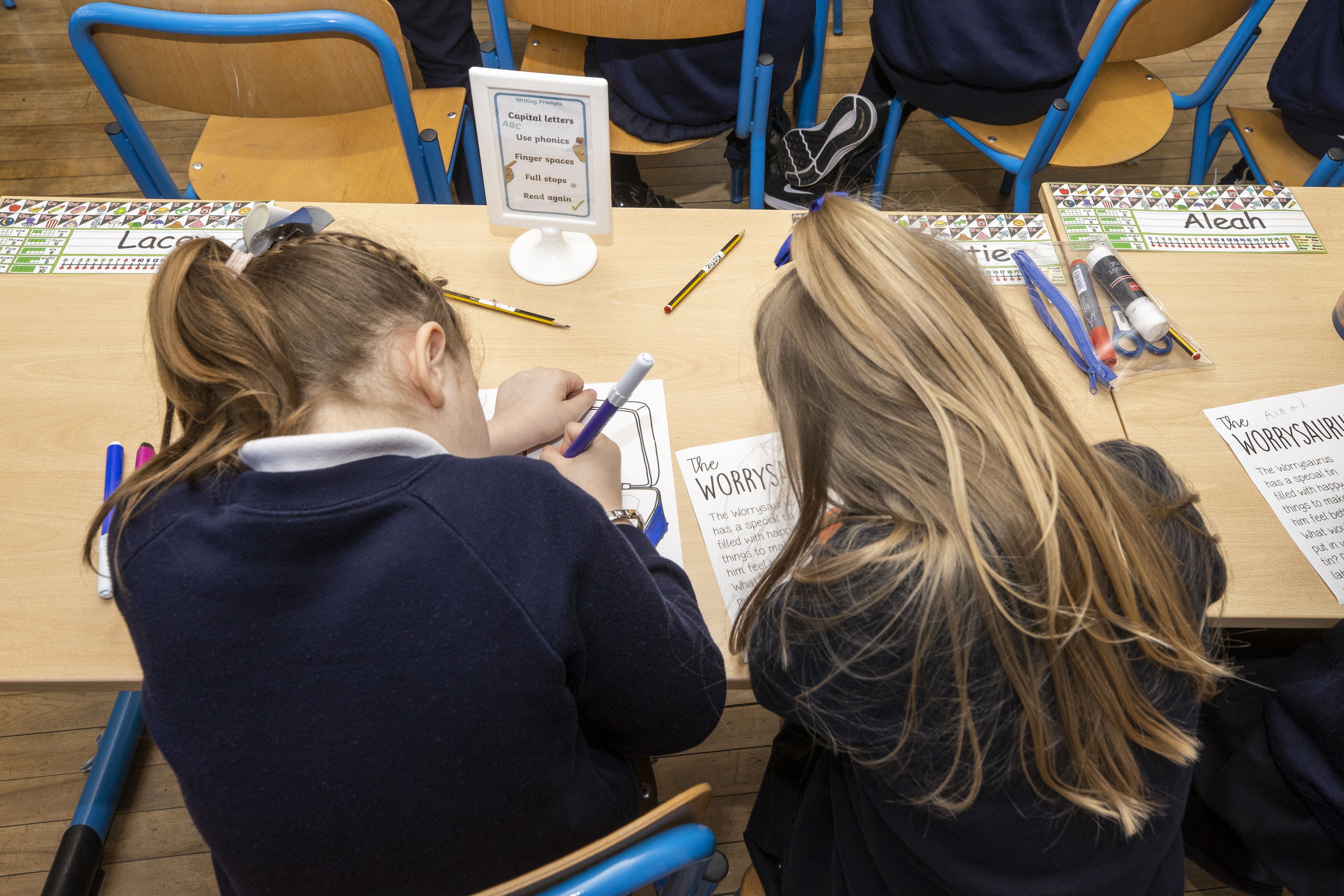Nine out of 10 schools will run out of money by next school year, teachers warn
Schools have been ‘cut to the bone’ by funding cuts, the head teachers union has said.

Your support helps us to tell the story
From reproductive rights to climate change to Big Tech, The Independent is on the ground when the story is developing. Whether it's investigating the financials of Elon Musk's pro-Trump PAC or producing our latest documentary, 'The A Word', which shines a light on the American women fighting for reproductive rights, we know how important it is to parse out the facts from the messaging.
At such a critical moment in US history, we need reporters on the ground. Your donation allows us to keep sending journalists to speak to both sides of the story.
The Independent is trusted by Americans across the entire political spectrum. And unlike many other quality news outlets, we choose not to lock Americans out of our reporting and analysis with paywalls. We believe quality journalism should be available to everyone, paid for by those who can afford it.
Your support makes all the difference.Nine out of 10 schools will have run out of money by the next school year due to the cost-of-living crisis, the National Association of Head Teachers is warning the Government.
In an open letter to Conservative MPs, 13 national education associations called for them to demand assurances from the leadership candidates that they would deliver on the party’s 2019 pledge to restore funding to 2010 levels.
The peak body for school leaders pointed to forecasts which currently predict a £2bn shortfall by 2024, calling the situation “desperate”, according to the BBC.
It came as early data from the National Association of Head Teachers (NAHT)’s survey which was supplied to the Observer had 50% of school leaders saying their school would be in deficit this year.
NAHT general secretary Paul Whiteman told the newspaper: “There are no easy fixes left. Schools are cut to the bone. This will mean cutting teaching hours, teaching assistants and teachers.”
Earlier this week Mr Whiteman told the Trades Union Congress (TUC) conference that he has “never heard more anger and despair” from school leaders as NAHT held a national ballot for industrial action over pay for the first time, after only previously holding regional votes on the issue.
Mr Whiteman said headteachers have lost around 24% on the value of their salary since 2010, with education funding set to be 3% less in real terms in 2024/2025 than it was in 2010.
He added that insufficient pay has sent schools into “a vicious spiral” of staff resignations, and warned that “heartbreaking cuts to services” will have to be made.
He said that “spiralling energy bills”, inflation and lack of funding for teachers’ pay mean thousands of schools believe they are heading for a deficit.
“Consequently, school leaders are being forced to make cuts that ultimately cannot help but negatively impact on the education and wellbeing of children,” he said.
Mr Whiteman concluded that the “relentlessly reasonable professionals” he represents feel they have “no choice” but to move to a formal ballot.
“It is no exaggeration to say that the future of education is on the line.”